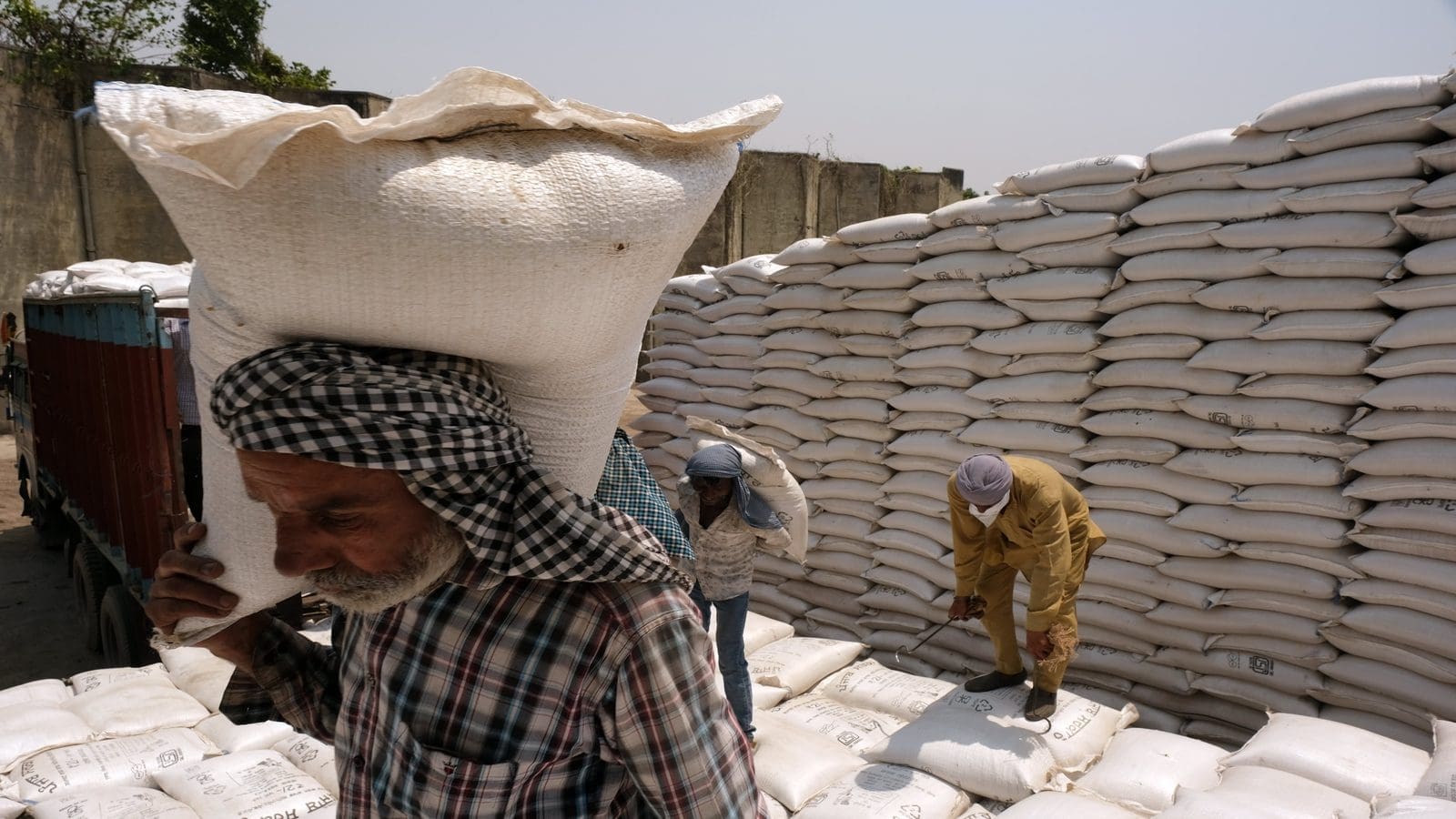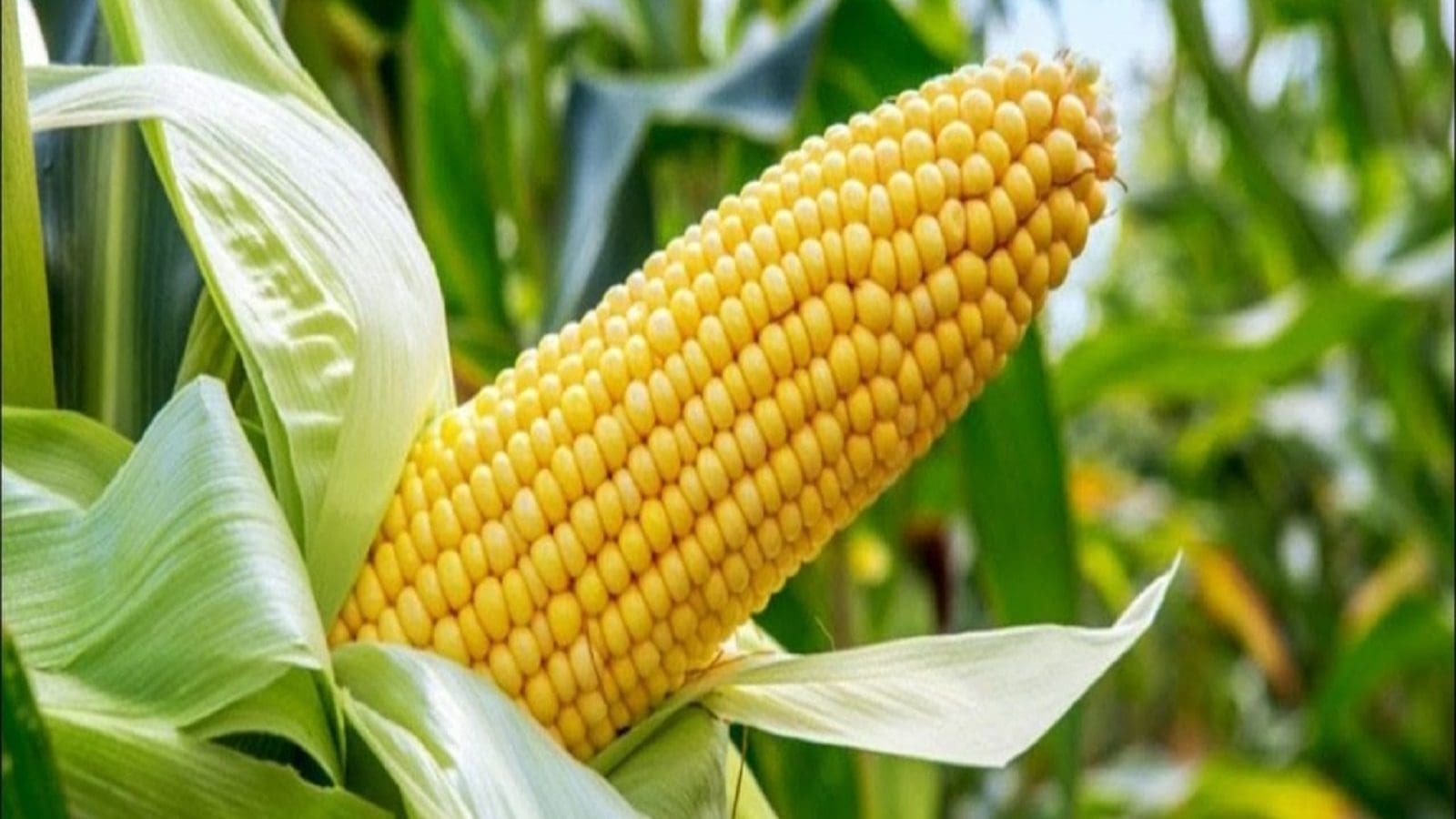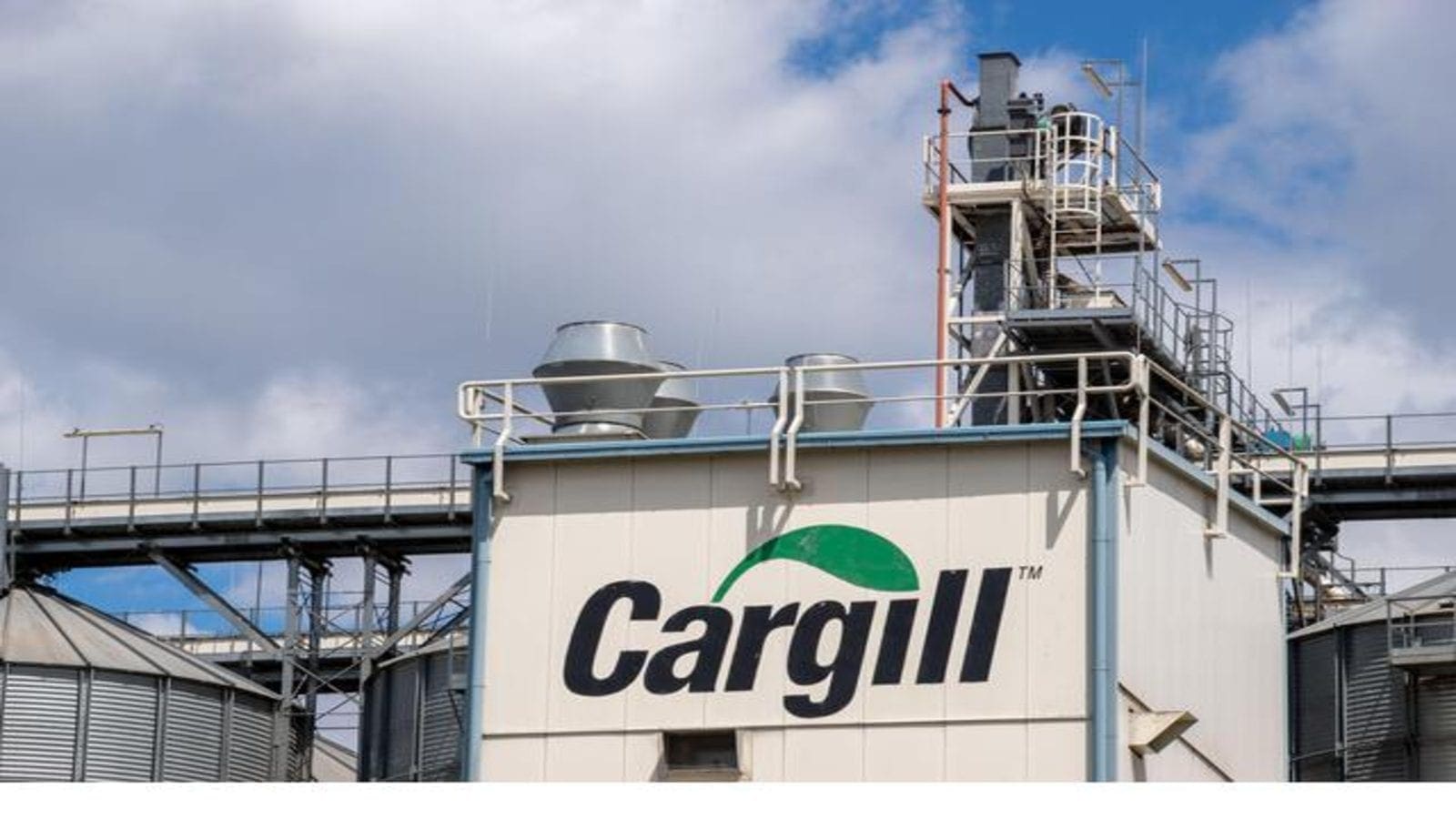USA- The U.S. Department of Agriculture (USDA) has invested more than US$46 million in the Sustainable Agriculture Research and Education (SARE) program, which continues to fund farmer-driven grants and grassroots education programs for almost four decades.
Since its authorization in the 1990 Farm Bill, SARE keeps supporting farmers in four regions (North Central, Northeast, South, and West), with each regional program hosted by a Land-grant Institution and guided by volunteer Administrative Councils that set regional priorities.
These administrative councils include farmers and ranchers and representatives from universities, government, agribusiness, and nonprofit organizations.
The councils also enlist the help of technical reviewers, who lend professional and practical experience in evaluating project proposals.
As per its standard procedures, USDA’s National Institute of Food and Agriculture (NIFA) will make these 10-year awards in four regional SARE host institutions and the National Reporting, Coordinating, and Communications Office (NRCCO).
Current grant recipients are the University of Minnesota (North Central Region), University of Vermont (Northeast Region), University of Georgia (Southern Region), Montana State University (Western Region), and University of Maryland (NRCCO).
“This investment in sustainable agriculture underscores USDA’s ongoing commitment to transforming our food and agricultural systems,” said Chavonda Jacobs-Young, USDA Chief Scientist and Under Secretary for Research, Education, and Economics (REE).
REE provides agricultural research, education, and extension support to make transformative discoveries that solve societal challenges.
On the other hand, NIFA, through investments, enables groundbreaking discoveries in agriculture-related sciences and technologies to reach the people who can implement them.
“Through this investment, SARE will continue to provide competitive grants and education programs that foster farmer-driven innovation to promote climate-smart practices, make sustainable producers more profitable, and improve local economies and the quality of life in rural communities,” Jacobs-Young added.
Sustainable agriculture is a high priority for NIFA, whose total investment was US$2.2 billion in FY2022 across many programs seeking to provide more profitable farm income, promote environmental stewardship, and enhance the quality of life for farm communities.
“In the last 35 years, with funding from NIFA, SARE has provided US$380 million in grant funding for nearly 8,400 projects serving farmers, growers, and rural communities,” said Dionne Toombs, acting director of USDA NIFA.
These projects involve supporting producers with on-farm renewable energy, pest and weed management, cover crops, high tunnel and session extension, crop rotations, marketing, pollinator health, and local and regional food system development.
Meanwhile, NIFA has awarded a US$10 million grant to Louisiana State University to improve the sustainability and profitability of rice farming through innovative research that advances climate-resilient crops.
According to a Twitter post by NIFA, this is the largest grant for rice research the Louisiana State University Agriculture Center has received to date.
For all the latest grains industry news from Africa, the Middle East and the World, subscribe to our weekly NEWSLETTERS, follow us on LinkedIn and subscribe to our YouTube channel










